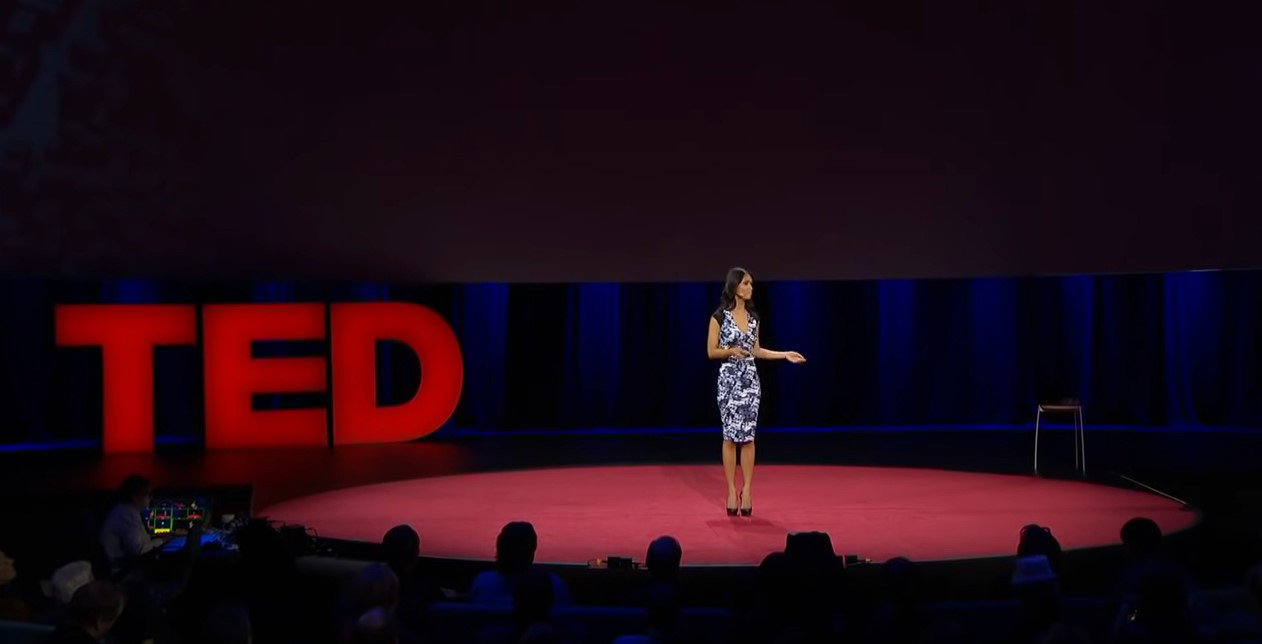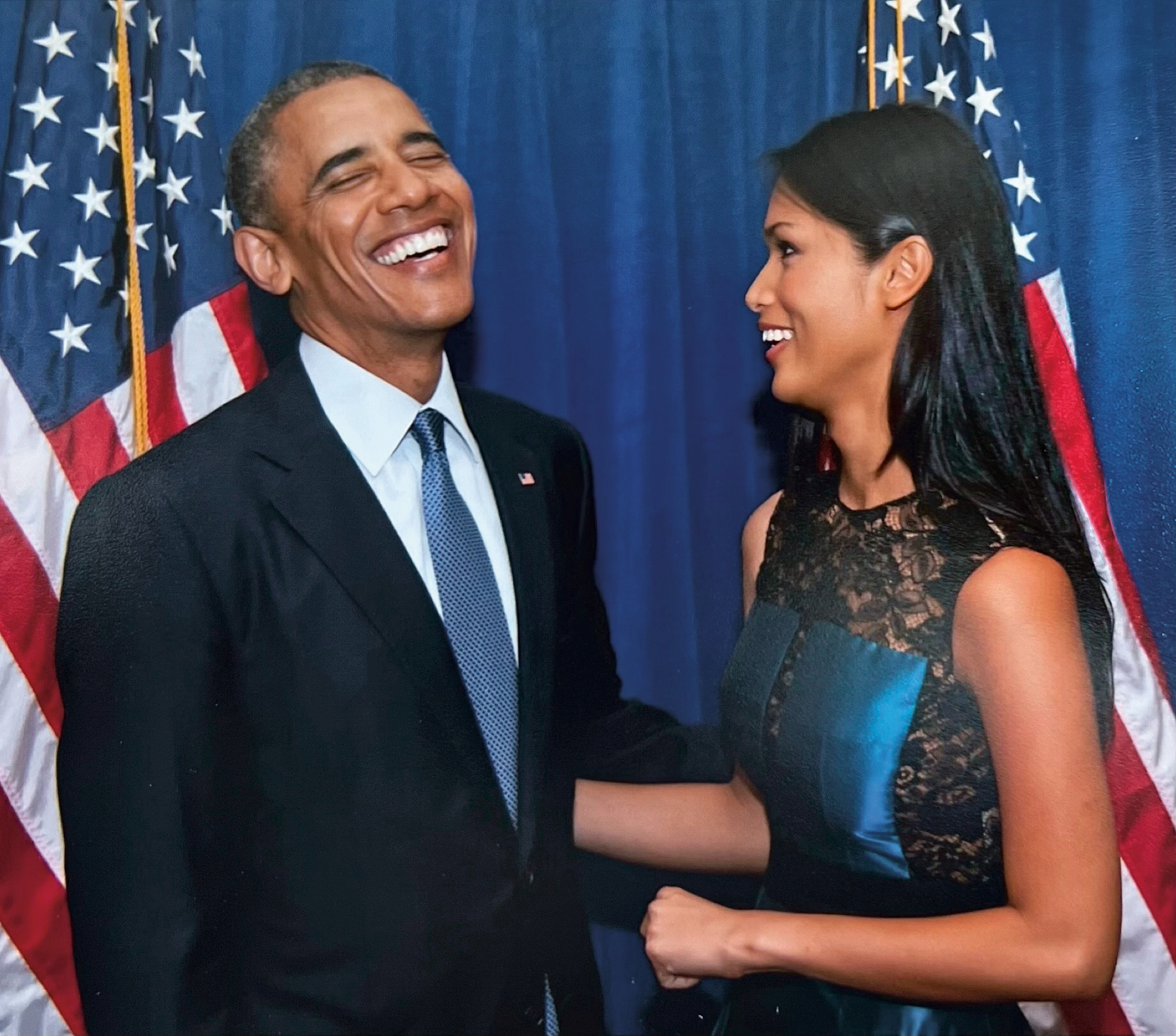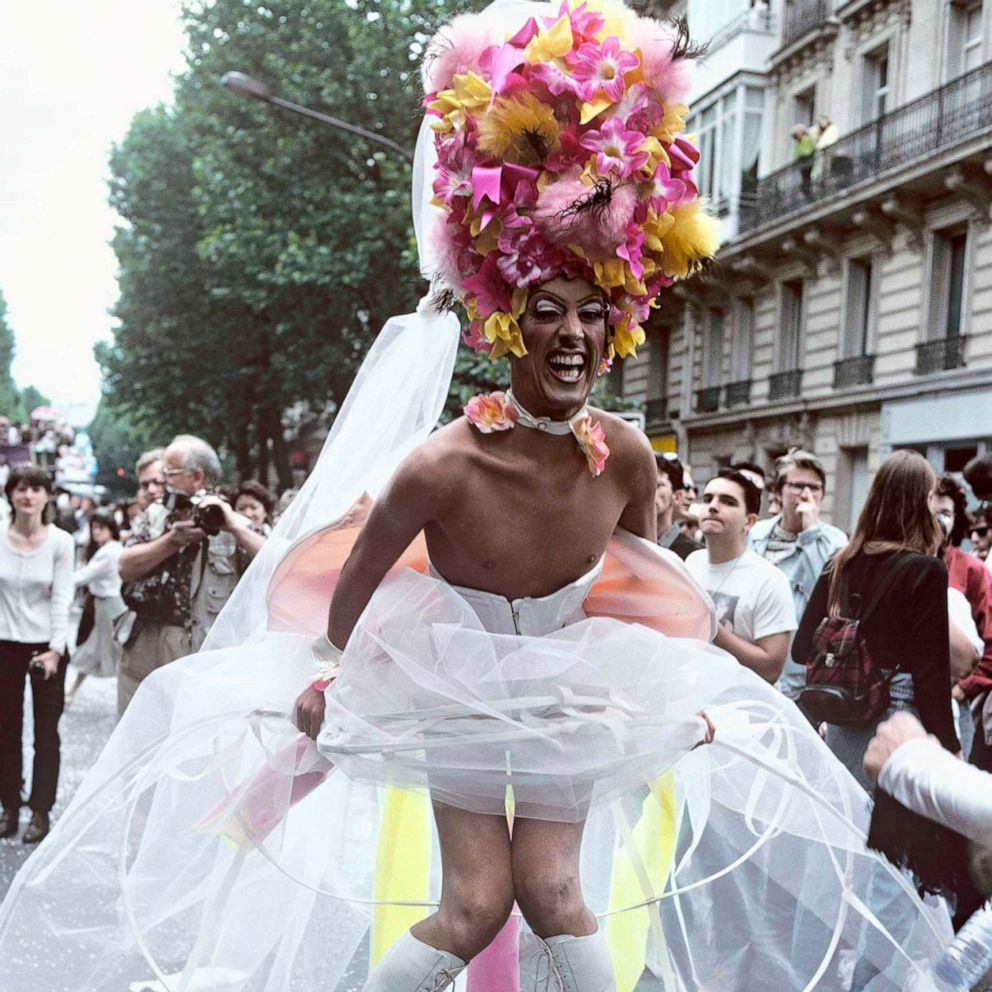Model Geena Rocero, author of 'Horse Barbie,' shares why she went 'stealth' as a model
"It's a reclamation and also a spirit," Rocero said about "Horse Barbie."
Model Geena Rocero is reclaiming her "Horse Barbie" spirit.
In her new memoir of the same name, the Filipino-born trans model, who publicly came out as transgender in a viral 2014 Ted Talk that sparked a global conversation about trans rights, is giving readers a glimpse of her journey from being a beauty queen in the Philippines to a model in the U.S.
"It's a reclamation and also a spirit," Rocero told "Good Morning America" while speaking about "Horse Barbie," titled after the moniker people called her during her pageant days.
Rocero shares her complicated journey of coming out in America, how she came to embrace the name "Horse Barbie," even when she couldn't proudly own the title as she built her modeling career in New York City, and how she came to find her authentic self.

'You look like a 'Horse Barbie'
At 15, Rocero started joining transgender beauty pageants, quickly achieving success in the realm.
"I became a pageant diva," said Rocero, who explained how trans beauty pageants are a big part of Filipino culture.
Many beauty pageants for transgender women happen during religious celebrations across the Philippines. Globally, the Miss International Queen pageant -- the world's largest beauty pageant for transgender women -- has seen three Filipina winners. Kataluna Enriquez also broke barriers in 2021 when she made history as the first transgender Filipina American to win Miss Nevada.
As a pageant queen, Rocero said her competitors called her a "horse" as an insult. But her pageant manager connected the origin of the moniker to her stage presence.

"You're so elegant on that stage -- there's something almost like this mythical energy, you look like a horse barbie," Rocero she recounted.
"It's almost like an alter ego," she added. "It got me through."
Going stealth
When Rocero's green card petition came through in 2000 and she was able to move to the U.S., not only was it her way to be with her mother, who moved to the U.S. in 1995, but it was a way for her to be legally recognized as female on government documents, like her driver's license.
Rocero said that while trans people are culturally visible in the Philippines, "trans people are not even recognized on our documents as how we identify," she said.
In the U.S., Rocero was able to change her gender marker on documents once she became a U.S. citizen and had gender affirming surgery -- which was required at the time in California in order to make those changes on documents. She said she started to "feel ashamed" about her identity at that time.

In her memoir, Rocero highlighted the fear she felt in the U.S. as a trans woman when it came to things like dating. She wrote in her memoir, "Here in America, if you didn't tell a guy and he found out anyway, he would often get angry, and that anger could lead to violence. You had to be careful."
When she moved to New York City to pursue a career in fashion, she said that she had to go "stealth" for eight years, where only a "trusted few" knew who she was. She hid her identity among strangers, who she feared would "out" her.
"I was in a really bad mental state of having to hide and not be my full, authentic self," she said.
'Why I must come out'
On her 30th birthday, Rocero said she "couldn't continue living that life anymore" and was ready to come out publicly.
She shared her story in a TED Talk, which she said was "risky" at the time, as many with whom she worked, including her modeling agent, didn't know about her trans identity.

In her speech, "Why I Must Come Out," Rocero began with a photo of herself as a young boy growing up in the Philippines and told the audience about why she went "stealth" as a model.
The speech, which went live on the International Trans Day of Visibility, was quickly met with support and launched her work as an activist for the transgender community.
Rocero was invited to speak at the White House in 2014 at an LGBT Innovation Summit, and the 2014 Democratic National Committee's LGBT Gala. She was also invited to speak about trans rights before congress members Philippines.
"From that moment on, it was just all about speaking about what my community is going through," she said.

'We have to rely on our community'
Following her speech, Rocero said it was also "freeing" for her family, especially her mother, who she said helped keep her transgender identity a secret for so long.
"She just allowed me to be," she said about her mom. "I'd like to think that all the work that I do is really because I was propelled by the love and the spirit because of the acceptance of my mom and my dad."
As an advocate for the transgender community, Rocero acknowledges that there is a "limit to visibility."

"The conversation within the movement circles is like, 'Just be visible,'" she said. "And that's important, you have to be visible, you have to speak about who you are, we need to see reflections of who we are. [But] there's a limit to visibility."
"For trans people, it's dangerous," she said. "The more visible we become, the more our lives are in danger, because in a culture like America, [which] does not grapple with its long trauma of this very rigid gender binary -- one just reacts to violence."
Today, amid the attacks on trans youth living in states where gender-affirming care is banned, Rocero praises the parents of trans kids who are doing everything they can to protect them, particularly amid the rise in anti-LGBTQ+ legislation.
Her hope too is that trans kids everywhere are reminded to "keep living your truth."







